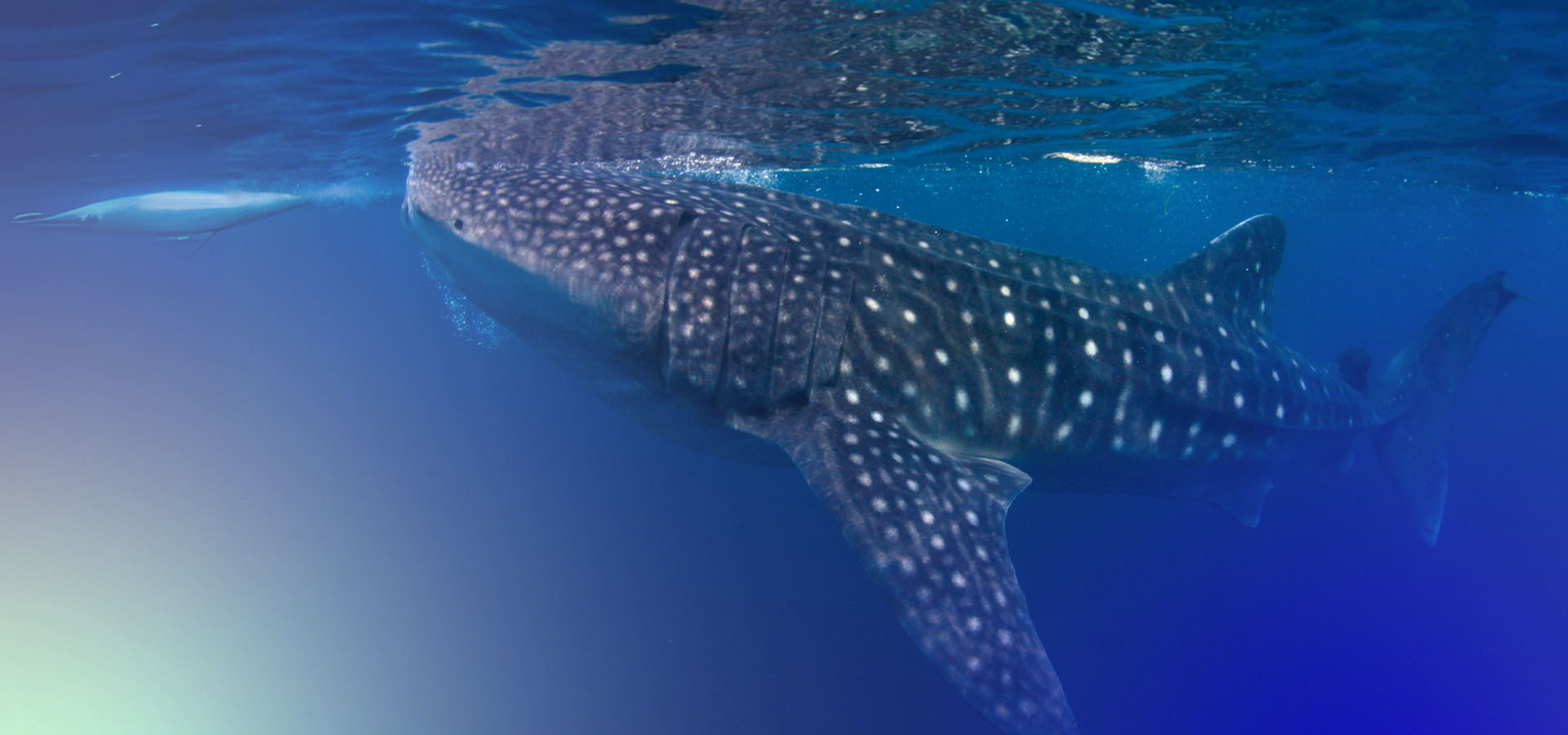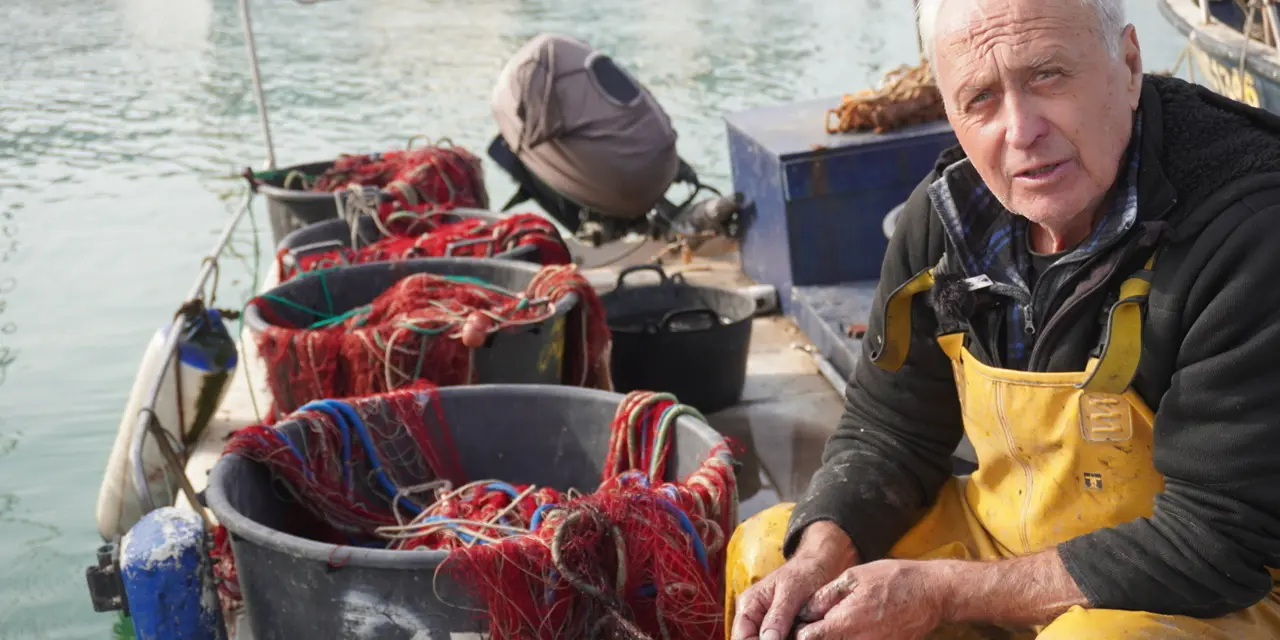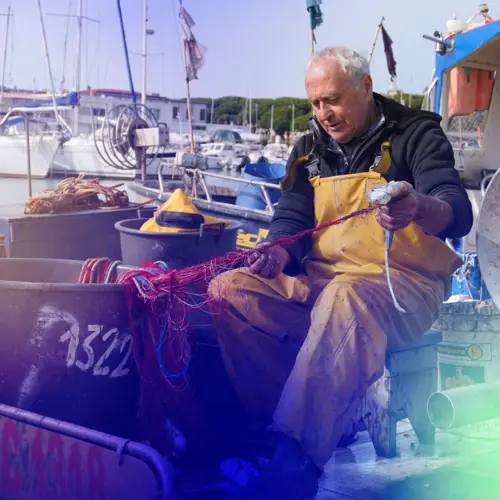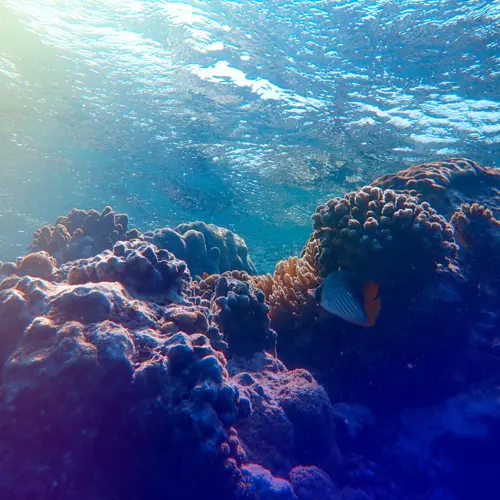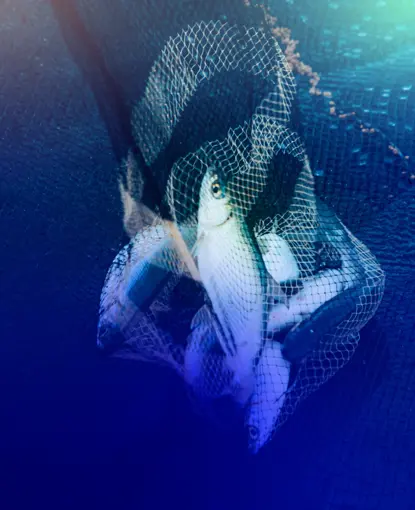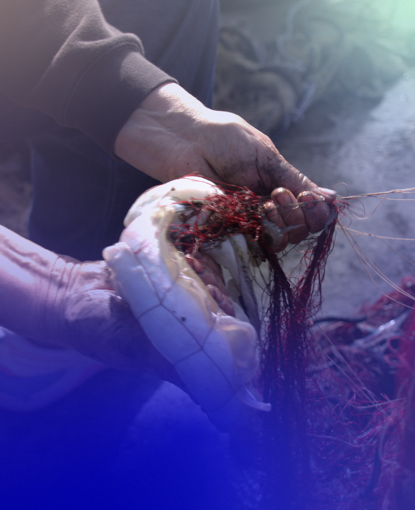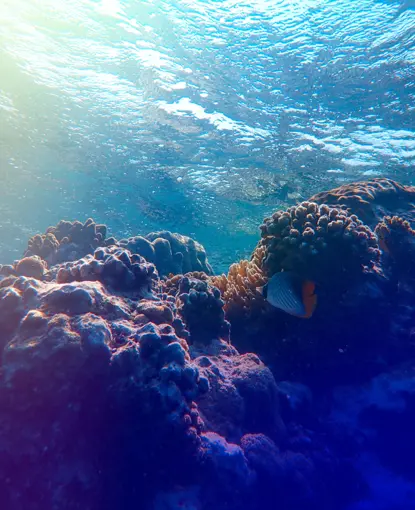The UN Ocean Conference (UNOC) will take place in Nice on 9-13 June 2025.
The ocean covers 70% of our globe and is in crisis. The situation is bleak: marine ecosystems are failing, fish stocks are at the brink of collapse due to overfishing and illegal fishing. Plastics, chemical runoffs and industrial discharge are polluting water sources and putting the health of people and marine species at risk.
And that's not all: new threats, such as open net aquaculture and deep-sea mining are accelerating at pace, adding to the already overwhelming pressure our ocean is withstanding.
This crisis is everyone's business. And UNOC, which takes place every three years, will be one of the most important events of this decade for our ocean’s future.
We will be there to represent the interest of the Ocean and those who depend on it.


